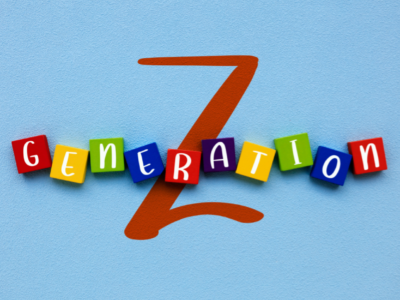Many young employees, especially Generation Z, have never worked face-to-face with other people in an office environment. They graduated during the pandemic or started working as offices closed up shop in response to strict health restrictions. As a remote working model looks set to become the norm, many young workers imagine never working in an office at all.
Not having to commute, an improved work/life balance, and benefits to well-being and physical health combine to make remote working a seductive work option. But remote working also has its drawbacks, claims the Wall Street Journal. Workers who at no point in their careers are present in an office environment may, over time, take a hit on their personal and professional lives.
According to the article, the key risks include:
– Some young remote workers may feel “unmoored and anxious”
– Missing out on experiences that require an office presence – such as learning from older colleagues, chatting with bosses or even just enjoying face-to-face time with others – may be harmful on both a personal and professional basis
– Young workers miss out on the opportunity to form meaningful relationships with work colleagues and the ability to build a professional network
– Remote work could also lead to a career crisis because young Millennials and Gen Z have less experience and less power at work than other age groups
Seemingly, a hefty price tag can accompany careers built exclusively on remote-working. It’s early days to judge but it’s certainly something of which we should be mindful.
Have you got any advice for young Millennials or Generation Z workers to help them navigate the risks? Please get in touch to let us know your thoughts. And, if you’d appreciate some support on the recruitment side of things, we’re here to help! With over 30 years’ experience in the field and a vast pool of qualified, talented job seekers on our books, ABL is in the strongest of positions to help.









